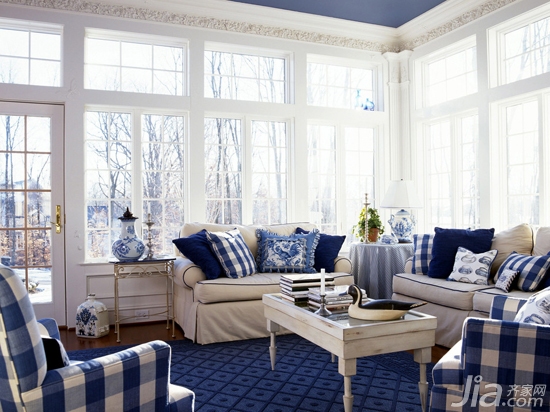Material Selection When it comes to material selection for residential decoration, it's essential to prioritize safety and environmental friendliness. Natural stone of Class A should be used for all interior applications, while materials classified as Class C are strictly prohibited due to their higher risk of emitting harmful substances. For artificial wood products, only those rated E1 are acceptable, and any materials labeled E3 must not be used at all. This ensures that the indoor air quality remains safe for long-term occupancy. It is also important to avoid using certain types of interior wall paints. Specifically, polyvinyl alcohol water glass paint (commonly known as 106 paint) and polyvinyl formaldehyde-based interior wall paints (such as 107 and 803 paints) should be excluded from use, as they can release volatile organic compounds (VOCs) that negatively impact health. Similarly, the use of polyvinyl formaldehyde adhesive (often referred to as 107 glue) for pasting wallpaper is strongly discouraged. This type of adhesive can emit formaldehyde, which is a known carcinogen and should be avoided in living spaces. Wood flooring and other wood-based materials must not be treated with asphalt-basedé˜²è… or moisture-proof agents. Additionally, flame retardants used on these materials should not contain volatile ammonia components, as they can contribute to indoor air pollution. When installing plastic floors, solvent-based adhesives should not be used. Instead, opt for safer alternatives that do not release harmful fumes. Urea-formaldehyde foam, often used for insulation and soundproofing, is also not recommended due to its potential to emit formaldehyde over time. Construction Requirements During the construction phase, it's crucial to avoid the use of benzene and its derivatives, such as industrial benzene, petroleum benzene, or heavy benzene, as diluents or solvents. Although toluene and xylene are sometimes used, they should still be handled with caution. These substances can have serious health implications if not properly managed. It is also forbidden to use benzene, toluene, xylene, or gasoline for cleaning purposes, especially when removing oil or old paint. These chemicals can pose significant risks to both workers and occupants, and their use should be completely avoided in residential settings. After using solvents like paints, adhesives, treatment agents, or thinners, it's important to store them safely and dispose of any waste promptly. Never use these substances to clean tools indoors, as this can lead to dangerous fume accumulation and poor air quality. When working with artificial wood panels, make sure that all exposed edges and joints are sealed properly, except for core boards that are already rated E1. This helps prevent the release of formaldehyde and other harmful emissions from the materials. One of the most effective ways to improve indoor air quality after renovation is through proper ventilation. Opening windows and doors allows pollutants to escape, significantly reducing their concentration in the home. However, it’s important to balance this with care—avoid leaving all windows and doors open for extended periods, as this can cause fresh paint on walls and ceilings to dry too quickly, leading to cracking and peeling. Finally, consider using air purifiers or natural methods like placing activated charcoal or indoor plants to further enhance air quality. Always allow sufficient time for the home to ventilate before moving in, ensuring a healthier living environment for you and your family. Environmental protection, new home, eco-friendly decoration, paint, interior design, residential renovation, glass door Wall-Hung Toilet,swim jacuzzi,salt water swim spa,inground jacuzzi,hot tub and swim spa Guangzhou Aijingsi Sanitary Products Co.,Ltd , https://www.infinityedgehottub.com